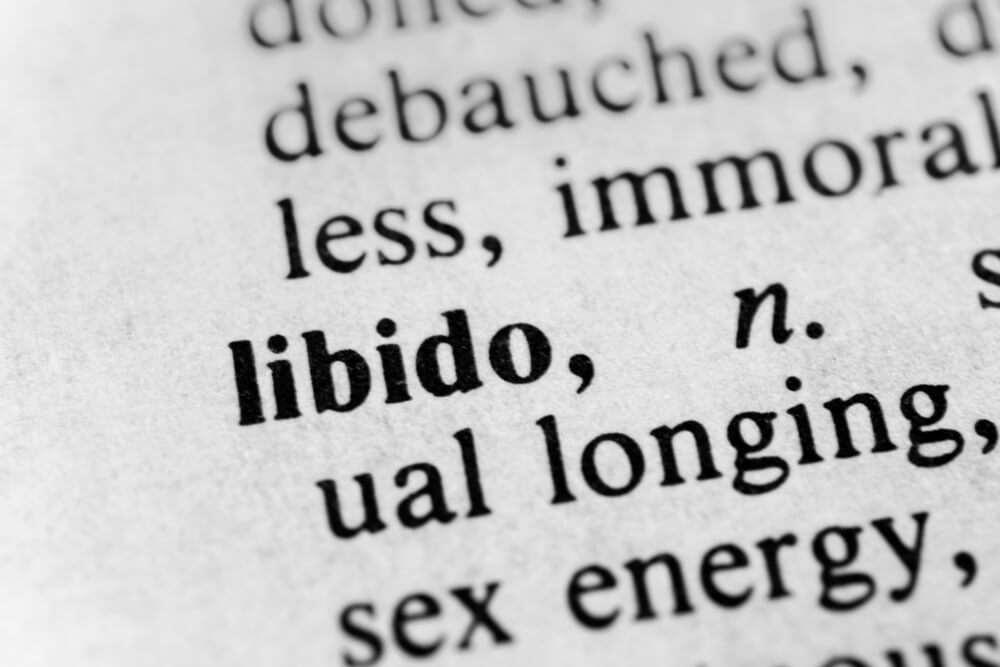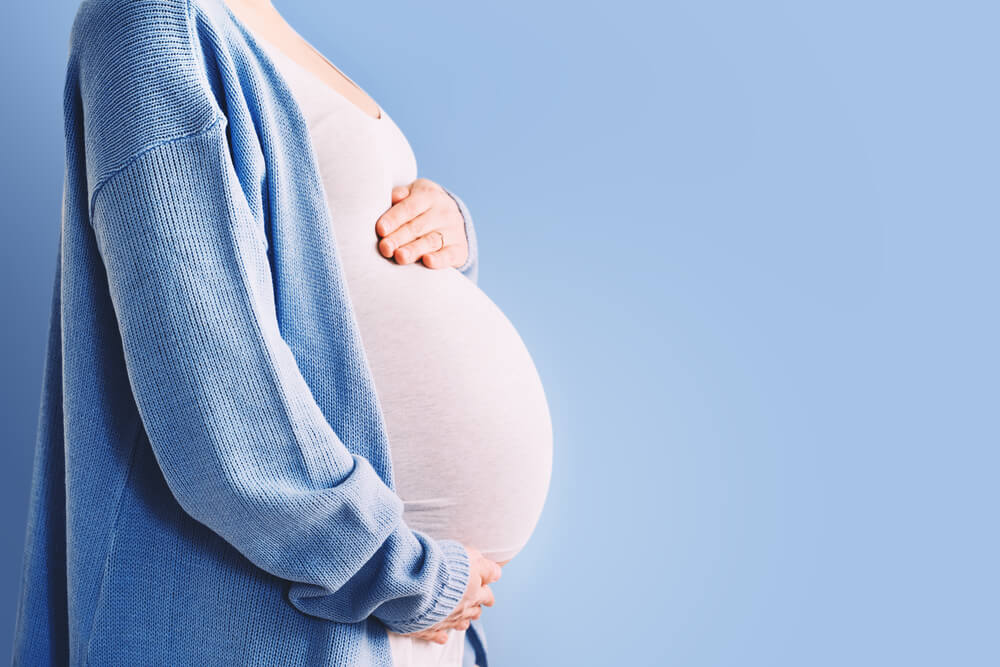Pregnancy is a remarkable journey filled with anticipation, joy, and a host of physical and emotional changes. Among these changes, alterations in one’s sex drive during pregnancy are a common topic of discussion. For some expectant parents, this time is marked by an increase in libido, while others may experience a decrease or even a complete loss of interest in sex. It’s important to understand that these fluctuations in sex drive are entirely normal and can be attributed to a variety of factors related to pregnancy.
In this comprehensive guide, the professionals at University Park OBGYN will explore the ways pregnancy can affect one’s sex drive, why these changes occur, and how couples can navigate this aspect of their relationship during this unique phase of life.
Fluctuations in Sex Drive: A Natural Part of Pregnancy

Sex drive, also known as libido, can be influenced by a multitude of factors. During pregnancy, it’s not uncommon for individuals to experience changes in their sexual desire. While these fluctuations can be puzzling or even concerning for some, it’s important to recognize that they are a normal aspect of the journey to parenthood. Let’s explore how pregnancy can impact one’s sex drive.
High Sex Drive During Pregnancy
For some pregnant individuals, heightened sexual desire is a prevalent experience. There are various reasons why this may occur:
- Hormonal Changes: Pregnancy brings about a surge of hormones, including increased levels of estrogen and progesterone. These hormonal shifts can lead to heightened sensitivity and arousal, making some individuals feel more sexually inclined.
- Improved Blood Flow: The increased blood flow throughout the body, including the pelvic region, can intensify sensations and lead to an increase in sexual desire.
- Emotional Connection: The excitement and anticipation of becoming parents can strengthen emotional connections between partners, leading to a more intense and fulfilling sex life.
- Physical Changes: Some pregnant individuals may find that their bodies undergo positive changes, such as increased breast size and heightened sensitivity, which can boost self-esteem and confidence in the bedroom.
Low Sex Drive During Pregnancy
Conversely, many individuals experience a decrease in sexual desire during pregnancy. Several factors can contribute to this change:
- Hormonal Fluctuations: Just as hormones can lead to an increase in libido, they can also be responsible for a decrease in sexual desire. Mood swings and fatigue, which are common during pregnancy, can diminish interest in sex.
- Physical Discomfort: The physical changes that come with pregnancy, such as nausea, fatigue, and body aches, can make sex less appealing. Discomfort or pain can further diminish the desire for sexual activity.
- Emotional Factors: Anxiety, stress, and concerns about pregnancy and parenting can occupy the mind, leaving little room for sexual thoughts. Fear of harming the baby can also lead to a reduced sex drive.
- Body Image Concerns: Some pregnant individuals may experience body image issues during pregnancy, which can lead to decreased self-esteem and a lack of interest in sexual activities.
No Libido During Pregnancy
A significant portion of expectant parents may find that their libido decreases to the point where they have no interest in sex during pregnancy. While this experience can be frustrating, it’s important to remember that it is a temporary phase and often occurs for valid reasons. Some factors contributing to no libido during pregnancy include:
- Physical Discomfort: The aches, pains, and physical discomfort associated with pregnancy can make sex unappealing or even painful, leading to a complete lack of interest.
- Fatigue: Pregnancy often comes with increased fatigue due to hormonal changes, the body’s heightened energy demands, and the emotional toll of preparing for parenthood. This exhaustion can leave individuals with no energy or interest in sexual activities.
- Nausea and Morning Sickness: For some, the nausea and vomiting associated with morning sickness can be ongoing and severe, making the thought of sex unappealing.
- Stress and Anxiety: The stress and anxiety that can accompany pregnancy, especially for first-time parents, can significantly diminish sexual desire. Worries about the baby’s health, parenting, and the future can preoccupy the mind, leaving little room for sexual thoughts.
Navigating Changes in Sex Drive During Pregnancy
Understanding that fluctuations in sex drive are a common and natural part of pregnancy is the first step in navigating these changes as a couple. Effective communication and mutual support are key elements in maintaining a healthy and satisfying relationship during this phase of life. Here are some tips for navigating these changes:
Open and Honest Communication
Talk openly with your partner about your feelings and desires. Share your concerns and expectations, and be receptive to your partner’s thoughts and feelings as well.
Effective communication is the cornerstone of maintaining a healthy and fulfilling relationship during pregnancy. By discussing your feelings, desires, and any concerns you may have, you and your partner can better understand each other’s needs. It’s also important to create a safe and supportive space for open dialogue, ensuring that both partners feel heard and valued.
Mutual Understanding
Recognize that both partners may be experiencing unique challenges during pregnancy. Be understanding and empathetic toward each other’s needs and boundaries.
Alternative Intimacy
Explore different forms of physical and emotional intimacy that do not necessarily involve sexual intercourse. Cuddling, kissing, and hugging can help maintain the emotional connection between partners.
Seek Professional Guidance
If you find that these changes in sex drive are causing distress or tension in your relationship, consider seeking guidance from a healthcare provider or therapist who specializes in sexual health and relationships.
Professional guidance from a healthcare provider or therapist can provide valuable insights and strategies to address concerns about changes in sex drive during pregnancy. These experts can help couples navigate the emotional and physical aspects of pregnancy and maintain a healthy and fulfilling relationship. Don’t hesitate to reach out to a professional if you feel that additional support is needed to strengthen your bond and communication during this unique phase of life.
Self-Care

Both partners should prioritize self-care. This can include getting enough rest, managing stress, and maintaining a healthy lifestyle to help address the physical and emotional factors contributing to changes in sex drive.
In Summary: Embracing Change During Pregnancy
It’s essential to recognize that changes in sex drive during pregnancy are normal and can vary widely from person to person. Whether your libido increases, decreases, or disappears entirely, understanding these changes and maintaining open communication with your partner can help you navigate this unique phase of life. Embrace the emotional connection and mutual support that come with pregnancy, and remember that, ultimately, the journey to parenthood is a shared experience that can strengthen the bond between partners.
That said if you feel that you might need expert help with either high or low-libido problems while pregnant or just looking for reassuring words from a professional, feel free to reach out to us today. There’s no shame in talking about your desire for intimacy (or lack of it). Together, we can find a way that will help you bridge this temporary period in your life.


